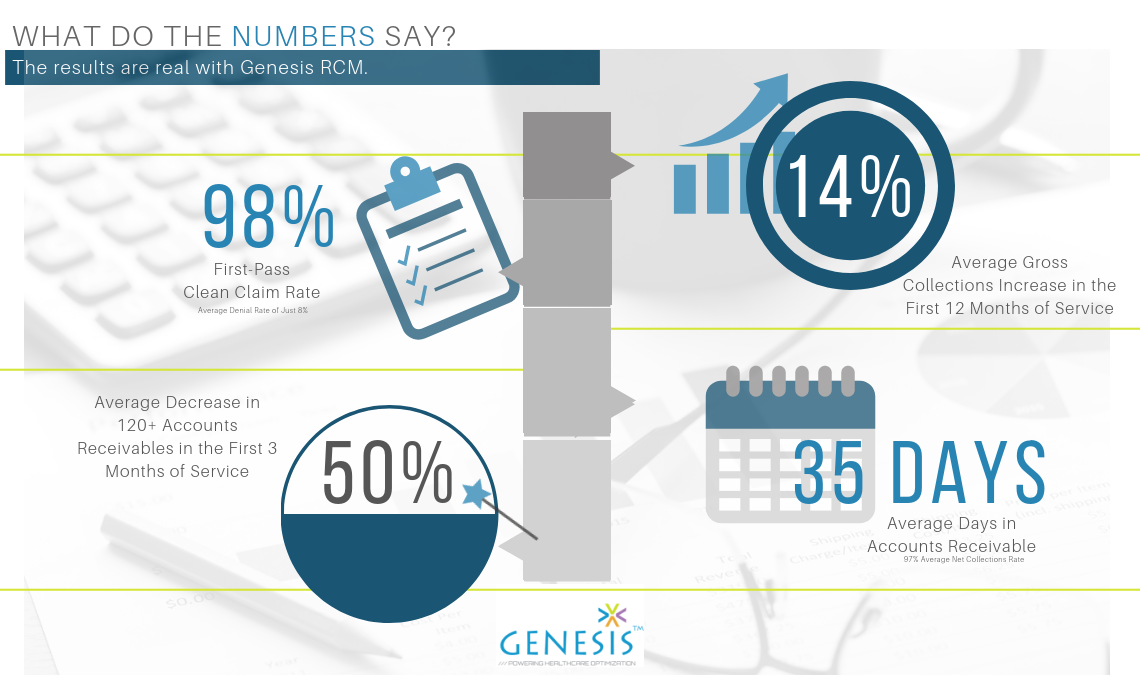Credit Balances
What is a credit balance?
Credit balances occur when improper payments and adjustments are made to the practice and exceed the related posted charges. Often they are the result of increasingly complicated healthcare billing and payment processes.
Credit balances are not “extra cash” or a positive asset for a provider, as they technically belong to either the patient or the state. Instead, they are a ticking time bomb that can leave the practice open to a number of business and financial risks, and need to be addressed through an effective accounts receivable (A/R) solution initiative.
What are the primary causes of credit balances?
Most credit balances do not reflect actual monies owed to payers by providers. According to the Healthcare Financial Management Association (HFMA), the typical composition of credit balances looks something like this:
- 55%: Incorrect posting of allowances
- 35%: Duplicate payments & overpayments by patients & payers
- 10%: Mispostings
What are the financial risks associated with credits balances?
The risks of credit balances sitting on a physician’s books for too long are numerous, leaving the physicians who are left burdened with the responsibility of resolving the balance, open to audits and other costly risks:
- Fraud
- Misstated profits
- Medicare penalties
- Wasted labor & processing costs
- Lost billing opportunities
- Negative publicity & loss of goodwill with patients
How will an RCM partner help address credit balances?
A good RCM partner can deliver numerous benefits when it comes to getting a handle on credit balances, and establishing a go-forward plan for managing them in the future.
- Regular account balance reviews
- Timely refund reviews and processing for return to the rightful owner
- Government payer timelines – 60-day priority
- Commercial payer timelines
- Payer follow-up to explore willingness to offset the payment from future payments depending our your requirement
- Dispute & appeal

















